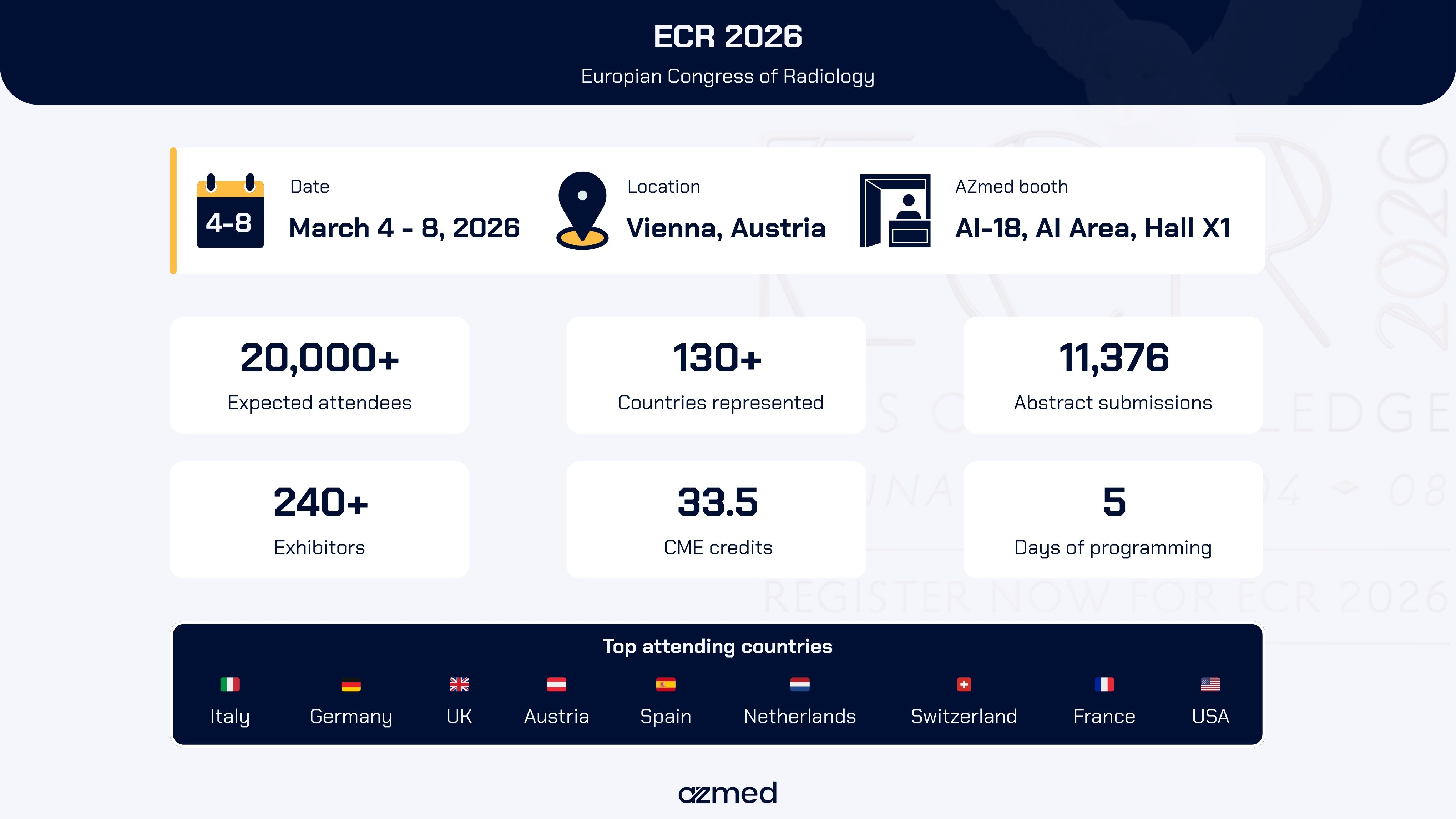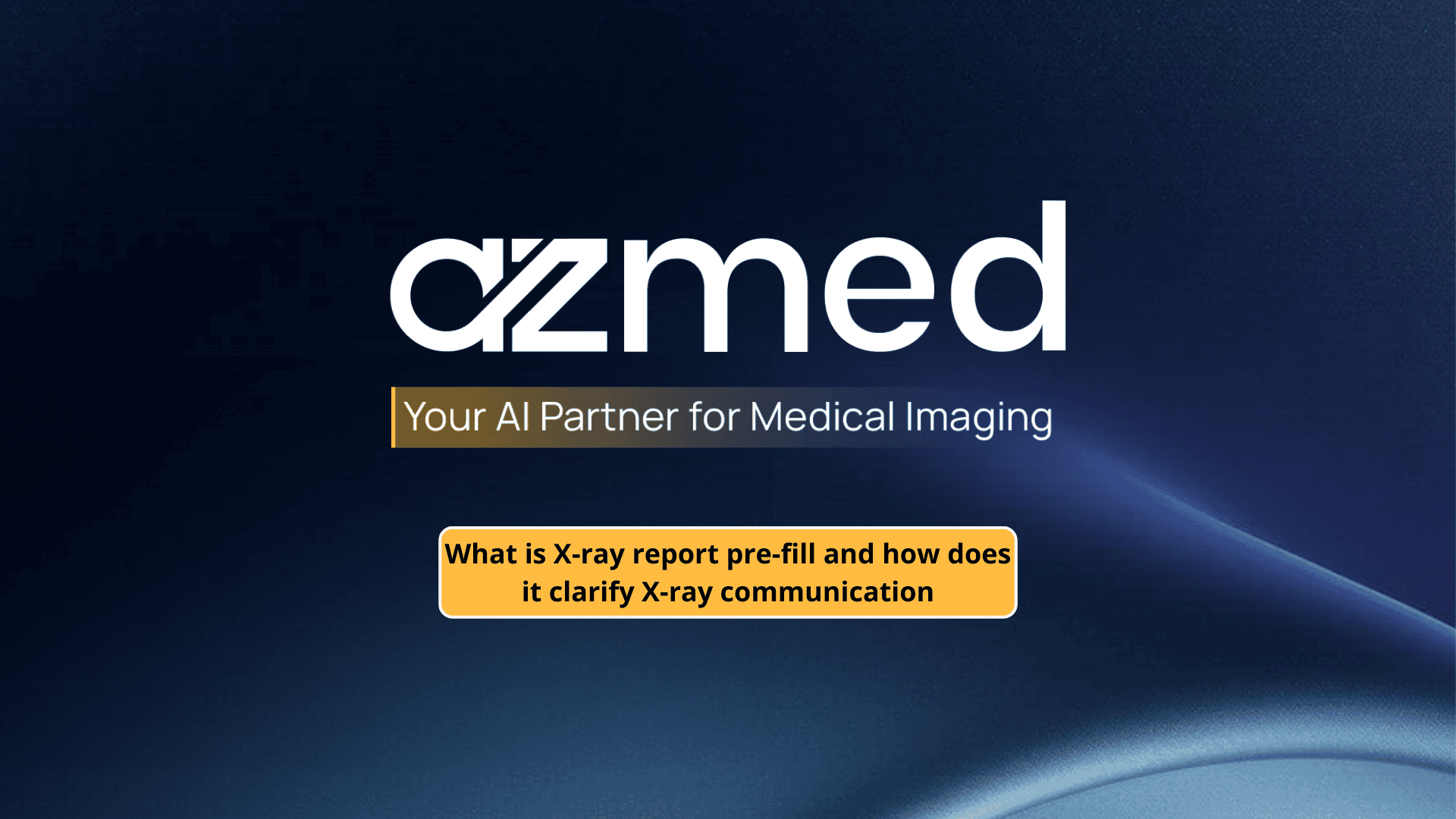Toutes les actualités

📚 Actualités
November 2, 2022
L'adaptation du domaine : la clé du déploiement d'algorithmes à grande échelle
Thank you! Your submission has been received!
Oops! Something went wrong while submitting the form.
Optimisez votre flux de travail et améliorez la qualité des soins avec AZmed
Découvrez la puissance de notre suite d'IA dès aujourd'hui


